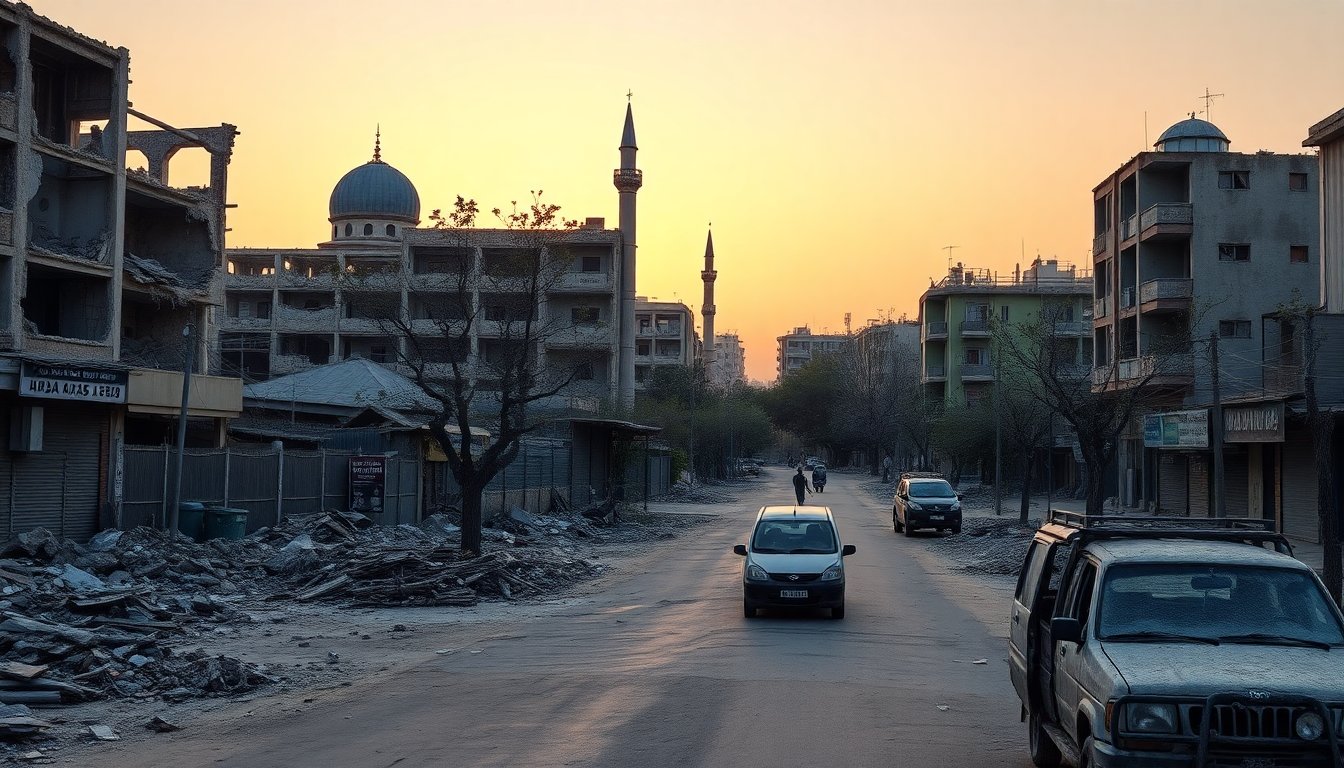Table of Contents
The aftermath of the Gaza conflict has significantly impacted the political landscape of the Middle East. This intense confrontation has underscored Israel’s military dominance in the region. However, despite exhibiting substantial hard power, Israel continues to grapple with complex political issues that challenge its leadership and stability.
The shifting balance of power
In recent years, the Gaza war has dramatically altered the power dynamics within the Middle East. Israel’s ability to project military strength has become increasingly evident, establishing it as a formidable force among its neighbors. Yet, this supremacy comes with significant challenges, as regional politics shift in unpredictable directions.
Despite Israel’s robust security measures, the persistent threat of unrest looms large. The conflict has impacted not only Israel’s immediate security but has also had far-reaching implications for its relationships with neighboring countries. The complexities of these relationships are further complicated by varying political ideologies and the struggle for influence among regional powers.
Internal and external challenges
Israel now faces pressing internal challenges intertwined with its external relations. The political landscape within Israel is fraught with tension, as different factions vie for power and influence. This internal strife often spills over into the country’s foreign policy, affecting its approach to diplomacy and conflict resolution.
Moreover, the impact of the Gaza conflict extends beyond Israel’s borders. Neighboring countries are navigating the repercussions of this war, grappling with their own political challenges. For instance, nations such as Egypt and Jordan have had to balance their diplomatic relations with Israel while addressing internal dissent and regional instability.
Regional implications
The fallout from the Gaza war has not only reshaped Israel’s standing but has also influenced the broader Middle Eastern geopolitical landscape. Countries previously aligned with Israel may find themselves reconsidering their positions in light of the ongoing conflict and its aftermath. The regional alliances that once seemed stable are now in question, as nations assess the long-term implications of their alliances amid rising tensions.
Furthermore, the role of external powers cannot be overlooked. Global players such as the United States and Russia are actively involved in the region, each seeking to extend their influence. Their involvement adds another layer of complexity to an already intricate political scenario, as they navigate their interests while addressing the needs and concerns of local governments.
Looking ahead: the path to stability
As the dust settles from the Gaza conflict, it is clear that the road to stability in the Middle East is fraught with challenges. For Israel, the focus must be on addressing both internal divisions and external threats. This requires a careful balancing act of maintaining military readiness while fostering diplomatic relations with its neighbors.
Meanwhile, regional players must work towards fostering dialogue and understanding. The pursuit of peaceful resolutions is critical to ensuring that the cycle of violence does not continue. Collaborative efforts and initiatives aimed at building trust among nations will be essential in paving the way for a more stable Middle East.
The Gaza war has undoubtedly altered the political landscape of the Middle East. While Israel’s military strength remains a significant factor, the nation, along with its neighbors, must confront the myriad of political challenges ahead. Only through concerted efforts, both domestically and regionally, can a path toward long-term stability be forged.


